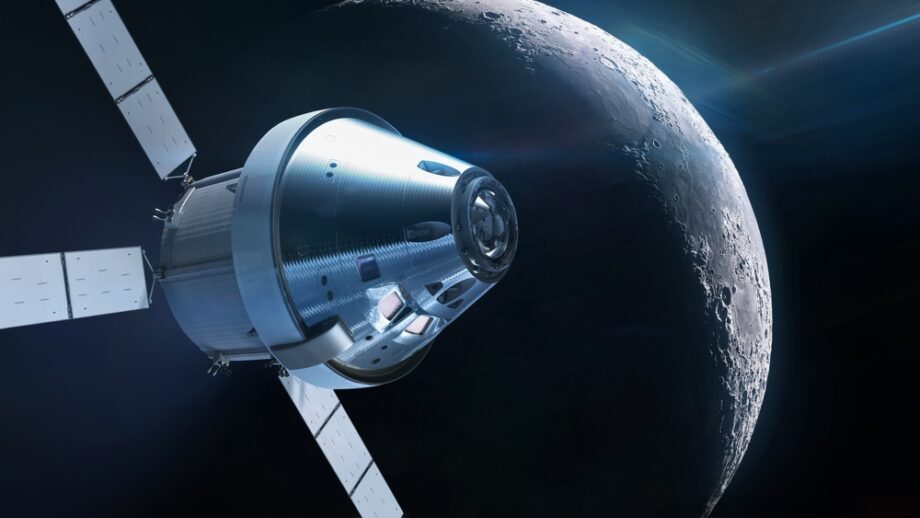- Inclusive funding is emphasized by NASA in recent contract awards
- National Science Foundation’s America’s Seed Fund supports startups with up to $2 million for R&D and commercialization
- NASA’s Small Business Innovation Research program funds innovative tech for Moon and Mars missions
- Phase II contracts worth $850,000 help startups bring surviving ideas to market within two years
- Recipients, including underrepresented groups like women-owned businesses, can access additional funding for project development efforts
Inclusive Funding Elevates NASA’s Contract Awards
In a recent move that underscores its commitment to diversity and innovation, NASA has emphasized the importance of “inclusive funding” in its latest contract awards. This initiative, aimed at supporting startups and small businesses with groundbreaking technologies, is reshaping the landscape of space exploration and technological advancements.
America’s Seed Fund: Fueling Innovation with Inclusive Funding
The backbone of this inclusive funding approach is America’s Seed Fund, formerly known as the SBIR/STTR program, established by the National Science Foundation back in 1977. This fund serves as a crucial lifeline for startups, offering up to $2 million to propel research and development efforts or facilitate the commercialization of new products and services. Annually, around 400 U.S. startups benefit from this fund, collectively receiving over $200 million in funding. Notably, the NSF’s fund plays a pivotal role in supporting NASA’s Small Business Innovation Research and Small Business Technology Transfer program.
The eligible companies participating in these programs are at the forefront of creating innovative technologies that hold the potential to not only advance NASA’s missions to the Moon and Mars but also to tackle challenges here on Earth. In a recent round of funding, NASA allocated over $93.5 million to 95 small businesses engaged in developing 107 new concepts. The Phase II contracts, valued at approximately $850,000 each, are tailored to assist startups in bringing their surviving ideas from the initial development phase to the market. However, time is of the essence, with companies having a two-year window to propel their products closer to commercialization.
Related Video

Empowering Underrepresented Voices in Innovation
An integral aspect of NASA’s inclusive funding strategy is the focus on empowering underrepresented groups in the realm of innovation. According to Jenn Gustetic, NASA’s director of early-stage innovation and partnerships, nearly 30% of the contract recipients come from underrepresented backgrounds, including 11% from women-owned businesses. Gustetic underscores the significance of “inclusive innovation” in driving NASA’s mission success, highlighting the diverse perspectives and expertise that such groups bring to the table.
Among the beneficiaries of NASA’s Phase II contracts is nou Systems, a women-owned company based in Huntsville, Alabama. Specializing in creating portable genetic testing instruments, nou Systems is revolutionizing DNA analysis by developing a device that enables field sequencing anywhere, whether on Earth or beyond. The current process of DNA analysis is labor-intensive, but nou Systems aims to automate and streamline this operation, making it more efficient and accessible.
Advancing Technology for Space Exploration and Beyond
Another notable contract recipient is a company focused on advancing semi-autonomous robotics that align with NASA’s Artemis program. Based in Boulder, Colorado, PickNik is leveraging its award to pioneer a hardware-agnostic solution that enables humans to control remote robots for executing challenging missions with minimal human intervention. This technology not only complements NASA’s efforts to explore the Moon through the Artemis program but also has practical applications in terrestrial industrial settings such as oil rig maintenance and warehouse management.
NASA’s emphasis on inclusive funding not only propels technological innovation but also fosters diversity and inclusion within the space exploration sector. By supporting startups and small businesses from varied backgrounds and empowering underrepresented voices in innovation, NASA is paving the way for a more inclusive and technologically advanced future.
Links to additional Resources: